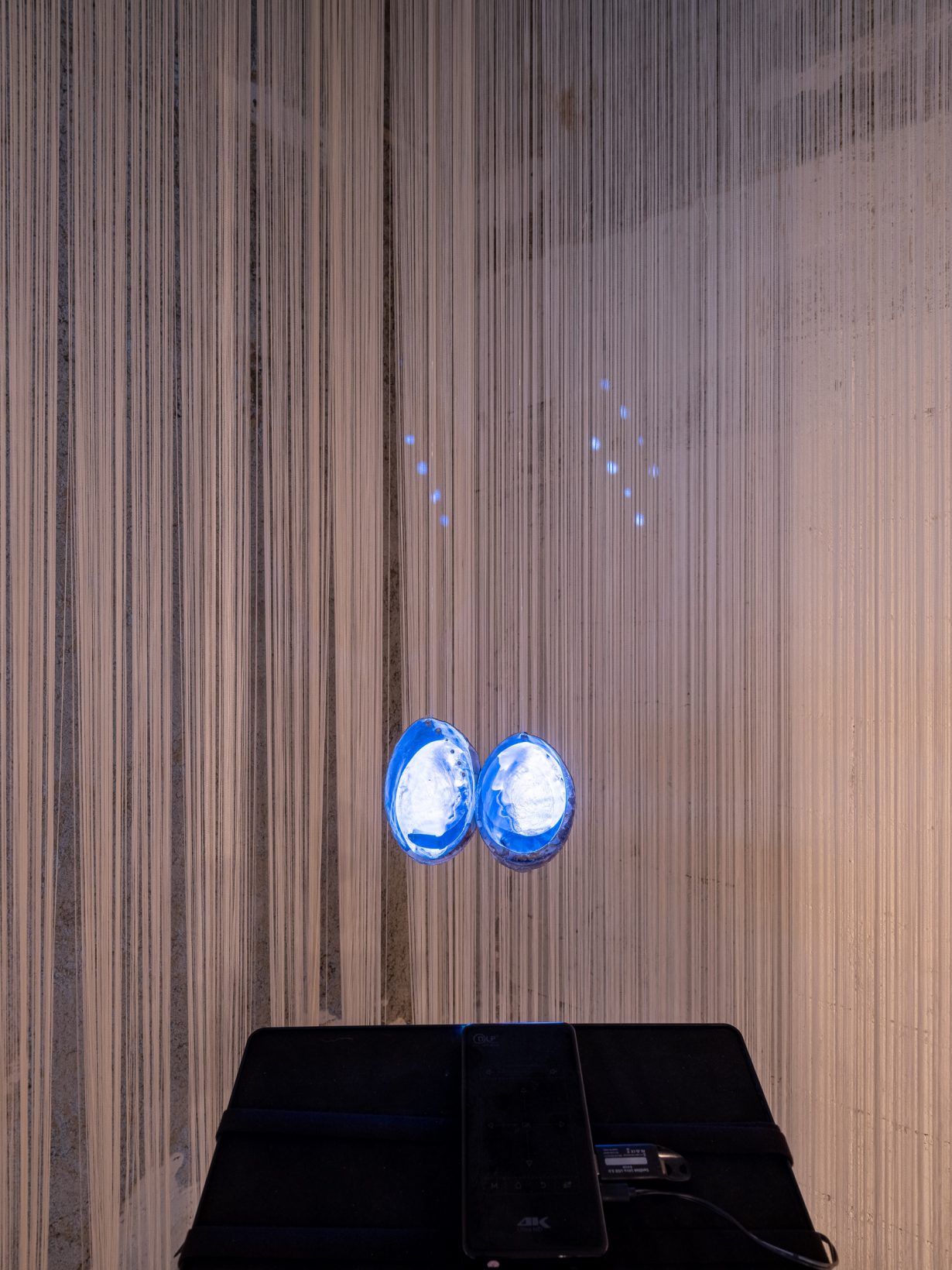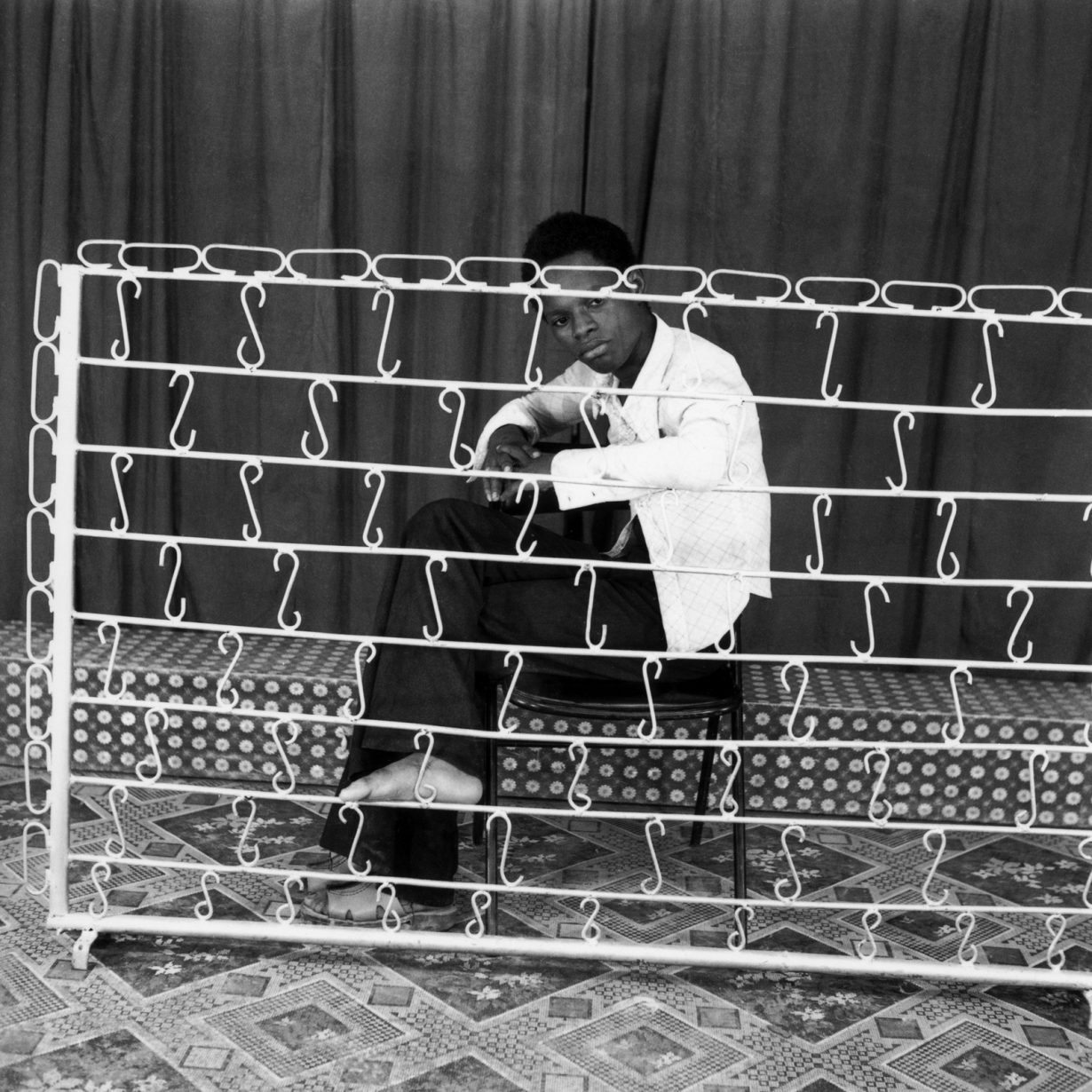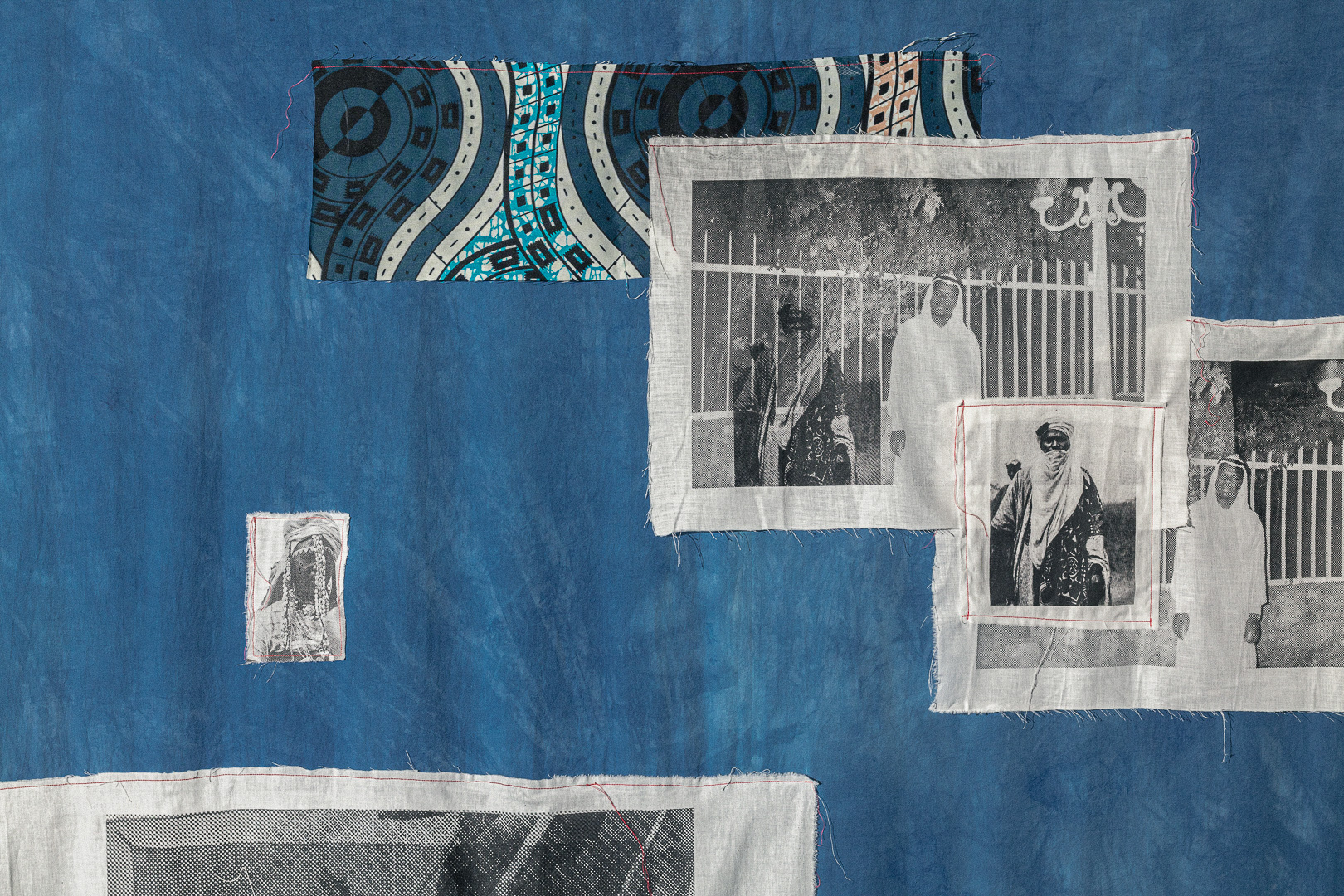Transformation is often gradual, as time heals, just not quick enough… at Efie Gallery, Dubai reminds us
This group exhibition, curated by Ose Ekore, is a meditation on healing as a slow, collective process that stretches across generations. It reminds us that transformation is often gradual and urges us to acknowledge the weariness that comes with it. In the exhibition catalogue (which is for sale), a quotation from Ghanaian writer Ayi Kwei Armah’s novel The Healers (1979) sets the tone: ‘Are we forgetting that for healers the meaning of the span of life takes in our whole people, throughout time, not just our single, separate lives here and now?’
Efie Gallery is dedicated to promoting African artists, and this exhibition presents film and photography as mediums of memory, repetition and resistance. The five contemporary Saudi or African artists – Samuel Fosso, Aïda Muluneh, Kelani Abass, Abeer Sultan and Sumayah Fallatah – approach these themes from the perspective of different generations. Time and memory are held in archival fragments, ritual gestures and the quiet choreography of familial inheritance.
Saudi Arabian-Nigerian artist Sumayah Fallatah’s hanging collage I became you, so I lost myself (2024) features two indigo textile works onto which are attached and layered family photographs and West African archival images, including one image that shows a figure wearing a headpiece of strands of shells that partially obscure their face. Red thread sutures memory into fabric, each stitched-on image tracing the legacy of migration and cultural erasure. The indigo fabric references her mother’s hometown of Kano and its dyeing traditions, its presence in the work bridging personal and collective histories of the African diaspora in the Arab world. What emerges is a physical manifestation of how identity is shaped, fractured and pieced back together over time.

Opposite, in the multimedia sculpture A Poem Broken By a Breath (2024), Saudi artist Abeer Sultan reflects on her family’s migration from West Africa to the Arabian Peninsula during the 1930s. Two wall-mounted seashells, glowing with projected faces mouthing silent words, are framed by a navy-blue rectangle, in front of which sits a textile-draped plinth. Resting on the plinth is an open copy of Aimé Césaire’s Return to My Native Land (1968), grounding the work with a poetic anthem on Black identity, as relayed in the title. Through a quiet reverence, Sultan unveils overlooked diasporic histories and calls for a radical opacity – referring to the way colonial power obscures the true identities, cultures and histories of the colonised.
Nearby, Samuel Fosso’s photographs 70’s Lifestyle Series (1975–78) assert the right to self-definition through playful, stylised self-portraits. Shot between client sessions in his Bangui studio, these modestly scaled images (each 50 × 50 cm) channel confidence and cultural hybridity – karate poses, sunglasses, bell-bottoms, curtains parted like stage props. Each image celebrates imagination and aesthetic agency.

In a separate space accessed through a trap door, Fallatah’s videowork Fruits of Meditation (2023) is screened in what’s usually used as an intimate listening studio (where visitors can listen to records). A man’s disembodied voice repeats the names of fruits in Arabic – guava, orange, pomegranate, kiwi – interspersed with the sound of deep breathing and a meditative soundscape. Spoken like a mantra,
–– برتقال، برتقال، برتقال … رمان، رمان، رمان ––
the voice evokes ritual. Onscreen the artist and her father perform mirrored gestures: quietly pressing, rolling and slicing fruit. Inspired by a practice her father performed each morning, the work tenderly enacts an inherited form of meditation as a way of retreating inward and holding space for memory.
Throughout, the mediums in the exhibition are used not only as tools of documentation but as poetic means of introspection. These distinct ways of seeing reflect the rhythms of memory and forms of resilience. The exhibition invites us to reconsider our own temporalities, the histories we inherit and the futures we dare to imagine. It challenges us to listen more closely to what has been silenced, to envision futures grounded in collective possibility and to embrace creative freedom.
time heals, just not quick enough… at Efie Gallery, Dubai, through 30 July
From the Summer 2025 issue of ArtReview Asia – get your copy.
